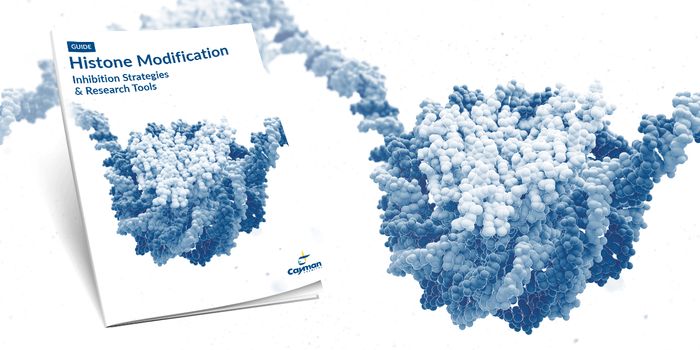Age impacts response to melanoma treatment
Research from the Johns Hopkins Kimmel Cancer Center and Johns Hopkins Bloomberg School of Public Health reports the finding that age may predict treatment response of cancer patients. The finding, published in Clinical Cancer Research, highlights the role that aging plays in the metastasis of melanoma as well as in treatment resistance.
While cancer is known to be a disease distinctly linking to aging, the mechanism by which melanoma spreads in a range of cancer cells identical to one another except for their age had not been explored previously. The Johns Hopkins scientists led by study senior author Ashani Weeraratna, Ph.D., and study first author Gretchen Alicea, Ph.D. wanted to address that gap in investigation.
The researchers analyzed the skin cells of people ranging ages 25-65, looking specifically at the ability of differently-aged fibroblasts to respond to anti-cancer drugs upon being artificially combined with melanoma cells. As explained by Eureka Alert, the team found that “the cells with the aged fibroblasts upregulated a fatty acid transporter known as FATP2 and increased the uptake of fatty acids from the microenvironment in and around the tumor. When exposed to anti-cancer drugs, the melanoma cells cultured with aged fibroblasts resisted cell death, but this rarely occurred in the cells cultured with young fibroblasts.”
What do these findings mean? Weeraratna comments, saying: "Taking up a lot of fat protects melanoma cells during therapy.” Furthermore, age proved to be a significant factor in the mice models the team used in experiments.
"Age was the clear driver," adds Alicea. "In young models, melanoma cells responded to targeted therapy initially, and targeting FATP2 had no further impact. In aged models, melanoma cells did not respond to targeted therapy until we depleted FATP2, and then the response was dramatic. When FATP2 was depleted, in all of the aged models, tumors regressed in size completely, and did not start to grow back for over two months, a significant amount of time in a mouse experiment."

This study shows a clear need to consider age as a factor in choosing patient-specific therapies. "Cancer treatment is not one-size-fits-all," she says. "Our research shows that younger patients can have very different responses to treatment than older patients. Recognizing that the age of a patient can affect response to treatment is critical to providing the best care for all patients."
Sources: Clinical Cancer Research, Eureka Alert








